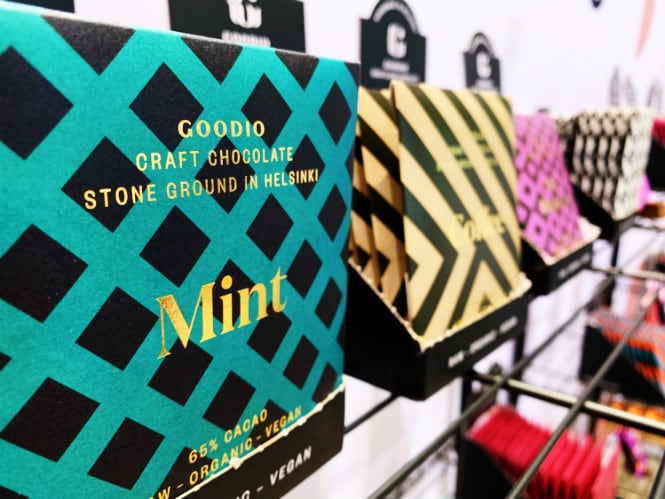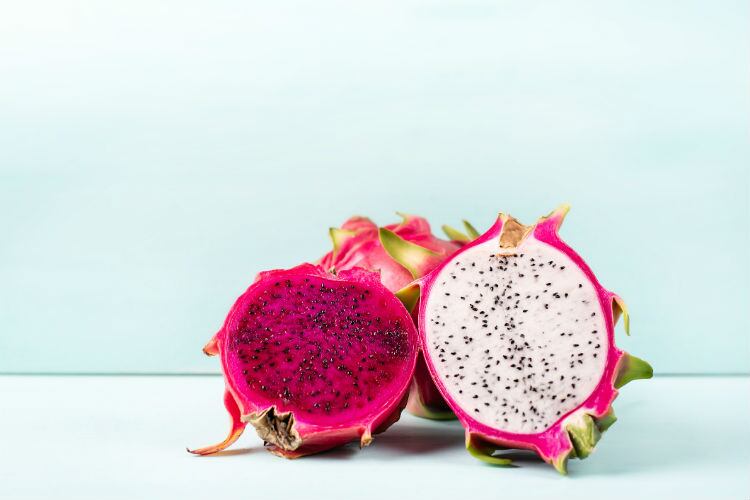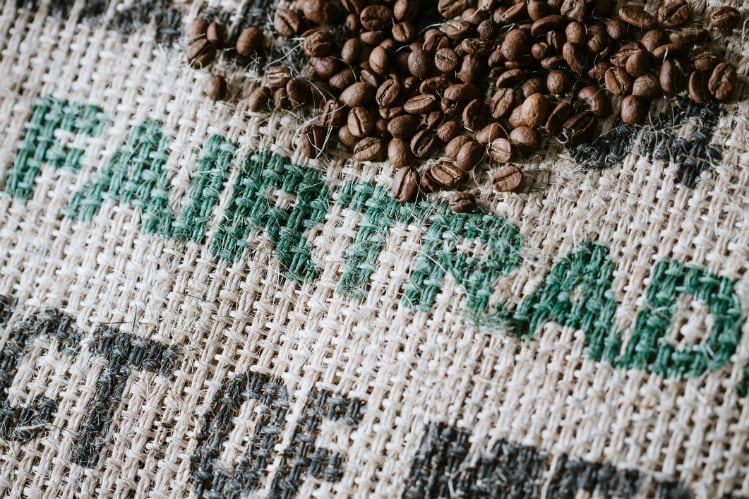In his ‘Permission to Indulge’ presentation late last month, the global lead of food and beverage at the market research firm said the sheer number of choices available today has nudged consumers into this ‘planned indulgence’ state of mind.
Only 23% of consumers reported that they ‘often’ make impulse purchases in Euromonitor’s most recent lifestyle survey, down from 28% in 2013.
Schaefer attributed this downturn in part to the powerful influence of social media. Alcohol industry professionals, for instance, consider it a key driver of the so-called mindful drinking trend. Indeed, bottled water and tea sit atop daily drinks consumption around the world, according to Euromonitor data. Additionally, though the beer market will enjoy 7.4% volume growth over the next five years, nonalcoholic or low-alcohol beer will jump 26%.
Tobacco sales, meanwhile, will drop 0.3%.
Schaefer used the tobacco example to drive home the central theme of his presentation: “As consumers, our lives are changing, but the way these products are regulated – the way they are viewed by governing bodies – that is an ongoing process,” he said.
“There’s great value in looking to other industries [and] to other segments for learnings. I think this can be valuable for other brands in the broader indulgence space to take a look at what is happening in tobacco. I fully realize there can be some reluctance to do that… [but] it’s always useful to allow those lines to blur, and to think about some of those similarities and what those lessons can be.”
From regulating tobacco to regulating sugar
Schaefer described the proliferation of deterrents on tobacco products, such as graphic health warnings on packaging in the likes of the EU and Australia or public smoking bans around the world. He sees the next frontier of tobacco regulations reaching into plain packaging, for instance, or bans on certain flavors, as well as ‘much, much higher taxation.’
“We are getting into the realm of whether tobacco can or should be a profitable business in a country,” he said.
A penchant for this kind of regulation has paved the way for similar strategies to combat obesity, for example. He pointed to taxes on high-sugar foods enacted or expanded from January 2018 in the Philippines, the UK, France and South Africa.
“Over the next five years, [we are] likely to see some emerging markets, some middle-income, actually become the trendsetters – the influencers – in how indulgence products are marketed,” he added.
The Brazilian government recently updated its dietary guidelines by segmenting foods into four different groups: minimally processed foods like produce, grains and meats; processed ingredients such as oils, sugar and salt; processed foods, which includes canned goods, cheese and bread; and ultra-processed, including sodas, packaged snacks and candy. Food advocate Marion Nestle called these guidelines “remarkable in that they are based on foods that Brazilians of all social classes eat every day, and consider the social, cultural, economic and environmental implications of food choices.”
Many indulgence categories – tobacco, alcohol, soft drinks and confectionery – “to some degree have seen their core products really struggle in some markets and face continued headwinds on volume growth," noted Schaefer.

Categories such as chocolate and coffee have thus found success in value growth over volume, he said. Consumers are more willing to experiment, to indulge in other categories – especially as companies become what he calls ‘category-agnostic.’
Endorfin Foods, for instance, is a chocolate company that prominently features flavors more commonly associated with alcohol, like absinthe and mugwort. Townshend’s Tea started as a small tea shop in Oregon, added kombucha and then spirits before opening a full-service restaurant and wider retail space.
Tell a story, give a reason
Finally, said Schaefer, “indulgence increasingly needs a reason.” Brand stories and authenticity will become integral to success in an ever-crowded marketplace. Personalization and direct consumer contact can build awareness and loyalty, too.
“There’s a lot of room for these occasions to become more premium, to become more crafted,” he added, citing Asia as the trendsetter.
Of course, the continued ‘fragmenting day’ has altered how consumers go about their day: “Everyone is looking to play across these different occasions,” continued Schaefer.
To stay on top of both snacking habits and moments for indulgence, he encouraged the audience to “at least be aware of the discussion taking place around cannabis,” a market poised to reach $160bn by 2025, according to Euromonitor data.
“What is actually providing that indulgence – that process is going to speed up [and] it’s going to become more important.”




